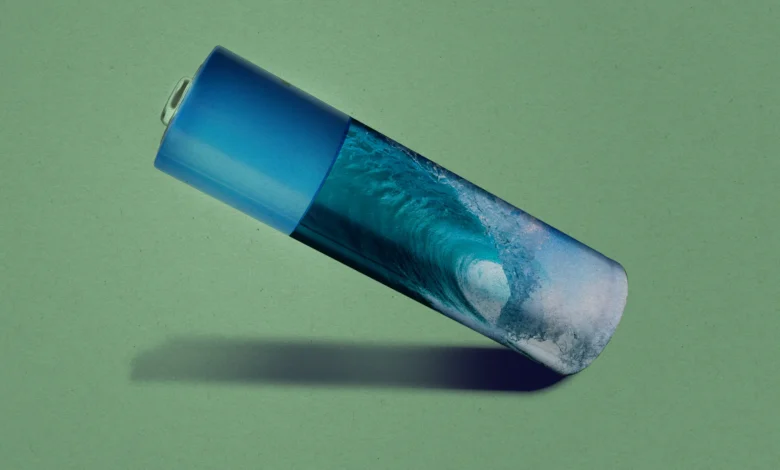Scientists develop recyclable water battery that never explode
The researchers from RMIT have developed these innovative batteries by replacing traditional electrolytes with water mixed with simple salts

Researchers in Australia have claimed to have devised an innovative ‘water battery’ that does not rely on an inflammable electrolyte. This will not only serve as an alternative for storing renewable energy but also seek to replace traditional lithium-ion batteries.
Batteries are made up of three main parts: a positive electrode called the cathode, a negative electrode called the anode, and an electrolyte that moves ions between these electrodes. The researchers from RMIT have developed these innovative batteries by replacing traditional electrolytes with water mixed with simple salts. These batteries are made with magnesium and zinc which are cheaper and better for the environment compared to lithium-ion batteries.
Using water as an electrolyte in batteries could help prevent a common problem called dendrite growth and scientists have coated the battery’s anode with bismuth metal, which forms a protective rust-like layer when oxidised to solve this issue.
“What we design and manufacture are called aqueous metal-ion batteries – or we can call them water batteries,” said lead author Professor Tianyi Ma of RMIT University. “Our batteries now last significantly longer – comparable to the commercial lithium-ion batteries in the market – making them ideal for high-speed and intensive use in real-world applications,” Ma said.
“With impressive capacity and extended lifespan, we’ve not only advanced battery technology but also successfully integrated our design with solar panels, showcasing efficient and stable renewable energy storage,” he added.
Researchers have developed several prototypes of these batteries ranging from coin-sized batteries suitable for clocks to larger cylindrical batteries akin to the common AA or AAA you buy from any gas station.
“The next step is to increase the energy density of our water batteries by developing new nanomaterials as the electrode materials,” Ma said.
You might also be interested in – Dealing with climate change: Scientists planning to block the sun to cool off earth



